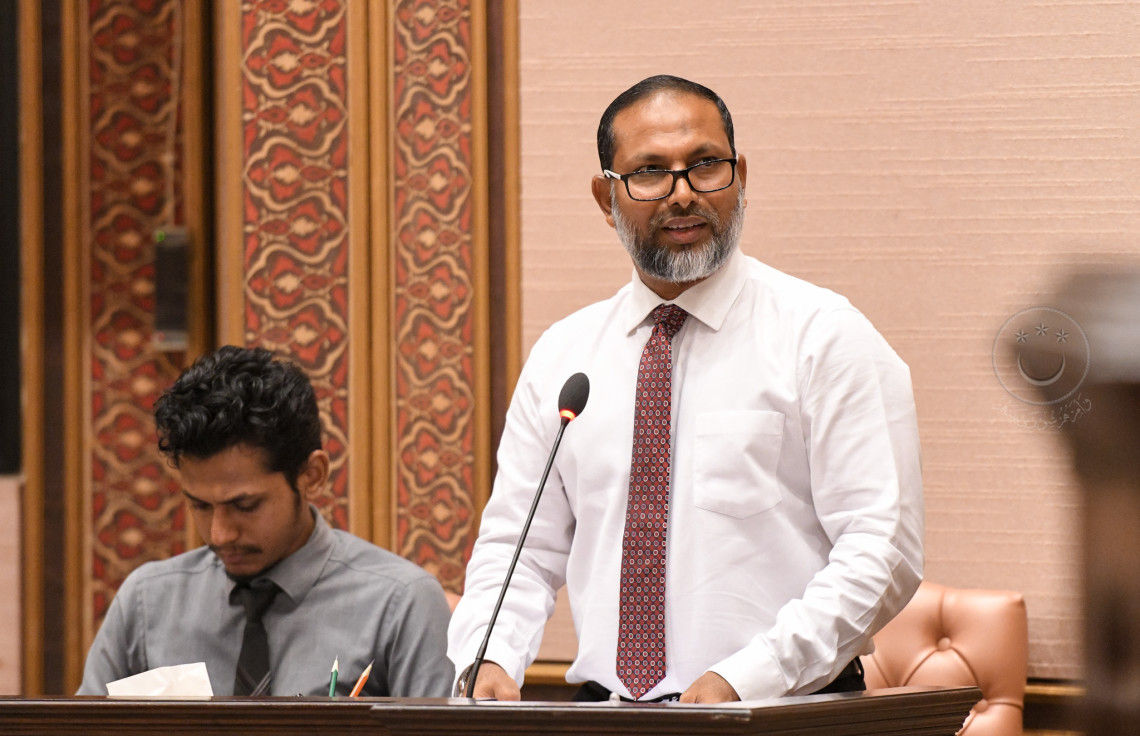Home minister defends police as MPs warn of ‘deep state’
Imran was at odds with lawmakers over the response to recent revelations.

27 Nov 2019, 09:00
Home Minister Sheikh Imran Abdulla defended the police in the face of criticism from lawmakers over the failure to combat radicalisation and violent extremism.
All state institutions could do better but it cannot be said that police have “failed,” the home minister contended.
Contrary to repeated assertions by Speaker Mohamed Nasheed and other ruling party lawmakers about a “deep state” or “dark state” of radicals in strategic positions, Imran said he did not believe that extremists or terrorist sympathisers within the security forces were to blame for the perceived lack of action.
“There aren’t any people within the police with extremist ideology that we have noted. And we remind the leaders of the [security] services to constantly look to see whether there are such people, and if they are there, we have said very clearly even yesterday that it won’t be tolerated,” he told lawmakers.
Become a member
Get full access to our archive and personalise your experience.
Already a member?
Discussion
No comments yet. Be the first to share your thoughts!
No comments yet. Be the first to join the conversation!
Join the Conversation
Sign in to share your thoughts under an alias and take part in the discussion. Independent journalism thrives on open, respectful debate — your voice matters.




